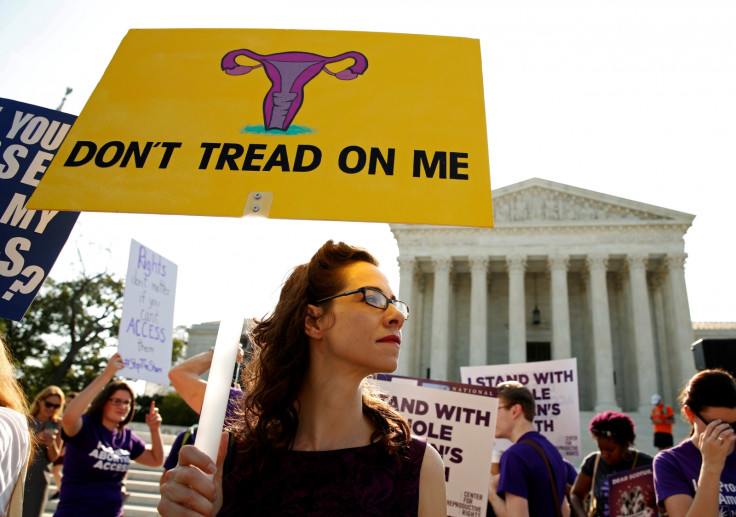Denying a woman her right to abortion can take a toll on her mental health
Women who are turned away after initially seeking an abortion have more self-esteem and anxiety problems.

Women who were denied an abortion when they first asked for one suffer more from anxiety and low self-esteem than women who underwent the procedure without facing too many obstacles. This contradicts the view that abortions should be restricted to protect women's psychological well-being.
Following the victory of Donald Trump in the US presidential election last month, there are concerns that women's reproductive rights might soon be under threat. During his campaign, the president-elect took a hard stance on abortion, going as far as saying that that women who had an abortion should face some sort of legal punishment.
Although he backtracked on this particular comment after facing a backlash, he has repeatedly suggested that the landmark Supreme Court decision known as Roe v Wade – which protects the right to safe and legal abortions across the US – would be automatically overturned when he appointed new judges to the court.
The argument that women experience adverse mental health outcomes as a result of abortion is already used as the basis for legislation to mandate counselling or restrict abortion access. In nine US states, counselling is required, to tell women about the negative emotional responses of an abortion.
The new study published in JAMA Psychiatry suggests that this argument is problematic – it indicates that making it harder for women to seek an abortion, and turning them away from clinics, could in fact cause more harm than good. The research thus provides a warning sign that future abortion restrictions could negatively impact women's mental health.
Anxiety and self-esteem
The scientists, from the University of California, San Francisco used data collected as part of the Turnaway study, which examines the impact of unintended pregnancies on women's lives. Data from 956 women with an average age of 25, who had been recruited from 30 abortion facilities in 21 US states were analysed.
These women had been interviewed one week after seeking an abortion for the first time, and then twice a year for five years. They answered a range of questions regarding their mental health. The women were divided according to whether they had received an abortion or not – and in this case whether they had given birth or had an abortion performed in another facility.
Women who were denied an abortion reported more anxiety symptoms, lower self-esteem and lower life satisfaction. "These findings suggest that the effect of being denied an abortion may be more detrimental to women's psychological well-being than allowing women to obtain their wanted procedures," the scientists say.
They do point out however that symptoms of depression were similar in both groups of women and that those who were denied an abortion saw their self-esteem and anxiety problems improve in about a year.
Responding to concerns that counselling about the negative emotions associated with abortion and restrictions to access the procedure could become more and more common, the researchers call for more accurate, scientific information to be provided to women.
"There is no evidence to justify laws that require women seeking abortion to be forewarned about negative psychological responses. Women considering abortion are best served by being provided with the most accurate, scientific information available to help them make their pregnancy decisions", they conclude.
© Copyright IBTimes 2025. All rights reserved.






















